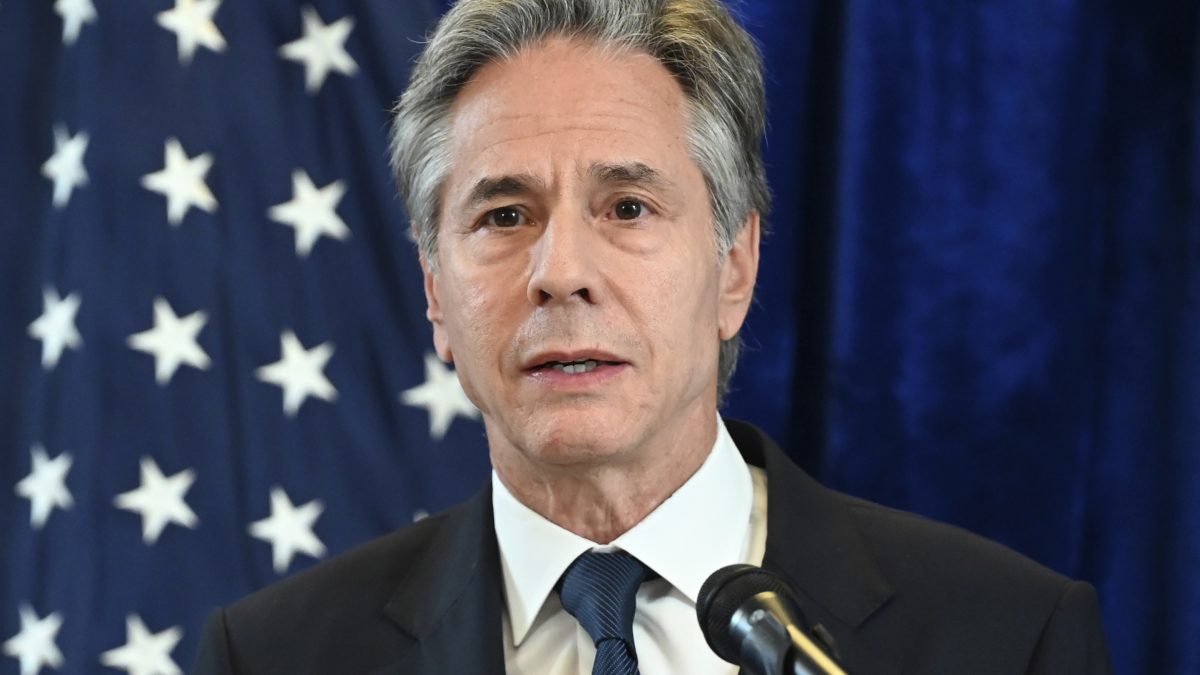How Turkey’s opposition is taking the taboo out of the headscarf debate
After Mr Erdogan promised to draft a constitutional amendment to guarantee the right to Islamic dress, his rival, Kemal Kilicdaroglu, put out a video pledging to “heal the wounds of our country” and enshrine the headscarf in a new law. The policy shift, in October, was a watershed moment for Mr Kilicdaroglu, who in 2008 voted to keep the headscarf ban.
Female students who choose to wear the headscarf have been a core part of Mr Erdogan’s political base since he overturned a ban on the veil, in public institutions, that was introduced in the aftermath of Turkey’s 1980 military coup.
Thanks to Mr Erdogan’s reforms, young women in headscarves fill Turkish classrooms, crowd cafes to share cigarettes with friends, and work in the government.
Mr Kilicdaroglu, who is leading Mr Erdogan in the polls and is backed by a broad coalition, clearly understands he needs the backing of those voters to win.
Going to university
Were she born ten years earlier, Merve, a 35-year old English teacher from the Black Sea town of Rize who wears a headscarf, would not be able to go to university.
“I’m not a fan of Erdogan but I don’t see any other options right now,” she told The Telegraph. “By supporting him I’m supporting my freedom. I want to be treated the same way as women who don’t wear the headscarf.”
Yet, Merve criticised Mr Erdogan’s crackdown on freedom of expression and his handling of the economy, saying her rent had doubled in a year even as spiralling inflation bit into her teaching salary.
In another sign that Mr Erdogan may struggle to retain support among conservative women, many said they believed their right to Islamic dress was no longer at risk.
At a sea-front square in Uskudar, one of Istanbul’s more conservative neighbourhoods, Turkey’s economic woes appeared to be the more urgent issue.
Derya Borekci, a 43-year-old accountant, said she worried more about the stagnant economy and her job prospects than about the country’s rules on Islamic dress.



)
